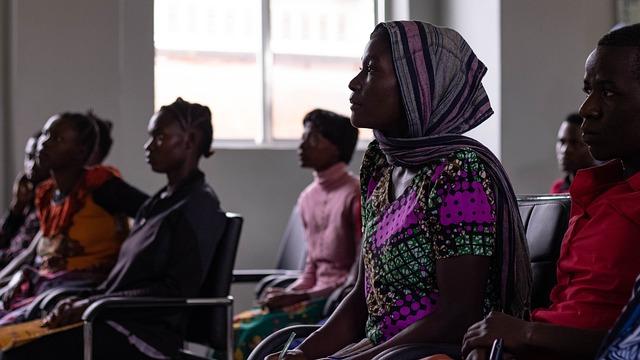The Role of Women Empowerment in Pakistan’s Agricultural Sector
Pakistan’s agricultural sector is a significant contributor to its economy, providing employment to nearly 40% of the workforce. Within this landscape, women’s roles have traditionally been marginalized. However, the urgency for women empowerment in Pakistan’s agriculture has gained momentum, highlighting the importance of integrating gender equality in fostering sustainable agricultural practices.
Understanding Women Empowerment in Agriculture
Women empowerment involves enhancing women’s rights, access to resources, and decision-making power. In the context of agriculture, this means equipping women with the tools, knowledge, and support they need to thrive as agricultural leaders, from farming to business management.
The Current Scenario of Women in Pakistan’s Agriculture
Women play a crucial yet often underrecognized role in agricultural production, rural development, and food security. According to the Food and Agriculture Organization (FAO), women produce between 60-80% of the food in developing countries, including Pakistan. Nevertheless, they face numerous challenges:
- Limited access to credit and financial services.
- Lack of ownership rights over land and resources.
- Minimal participation in community decision-making.
- Insufficient access to education and training opportunities.
Benefits of Women Empowerment in Agriculture
Investing in women’s empowerment can lead to transformative changes in Pakistan’s agricultural sector. Here are some key benefits:
- Increased Productivity: Empowering women leads to enhanced productivity, as women farmers tend to invest more in their crops.
- Improved Food Security: Women play a pivotal role in ensuring household food security. Empowered women can better manage resources, leading to healthier families.
- Economic Growth: When women participate equally, the agricultural sector experiences overall growth, contributing to national economic stability.
- Environmental Sustainability: Women often adopt sustainable practices, helping to maintain the ecological balance within farming.
Case Studies of Successful Women Empowerment Initiatives
Several NGOs and government initiatives in Pakistan focus on empowering women in agriculture. Here are a few examples:
- The Women Development Department: This governmental body initiates programs to support women farmers through education and mentoring.
- Rural Support Programmes (RSPs): RSPs have successfully mobilized women into self-help groups, fostering collaboration and resource sharing.
Practical Tips for Empowering Women in Agriculture
Here are some actionable steps to promote women empowerment in Pakistan’s agricultural sector:
- Provide access to training programs focused on modern agricultural practices.
- Encourage microfinance initiatives tailored for women farmers.
- Establish networks for women to share resources and knowledge.
- Create policies advocating for women’s land ownership rights.
First-Hand Experiences
Many women have transformed their lives through agricultural empowerment. One such story is of Amina Bibi, a farmer from Punjab:
“Joining the local women’s group changed my life. With the training and loans I received, I expanded my farm and improved my family’s living conditions. Now, I not only support my family but also mentor others in our community.”



